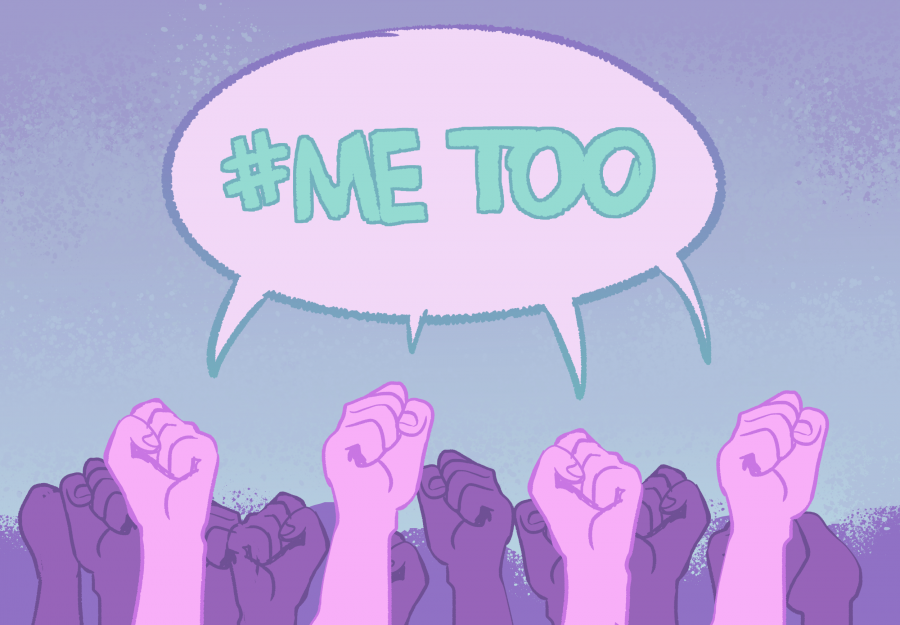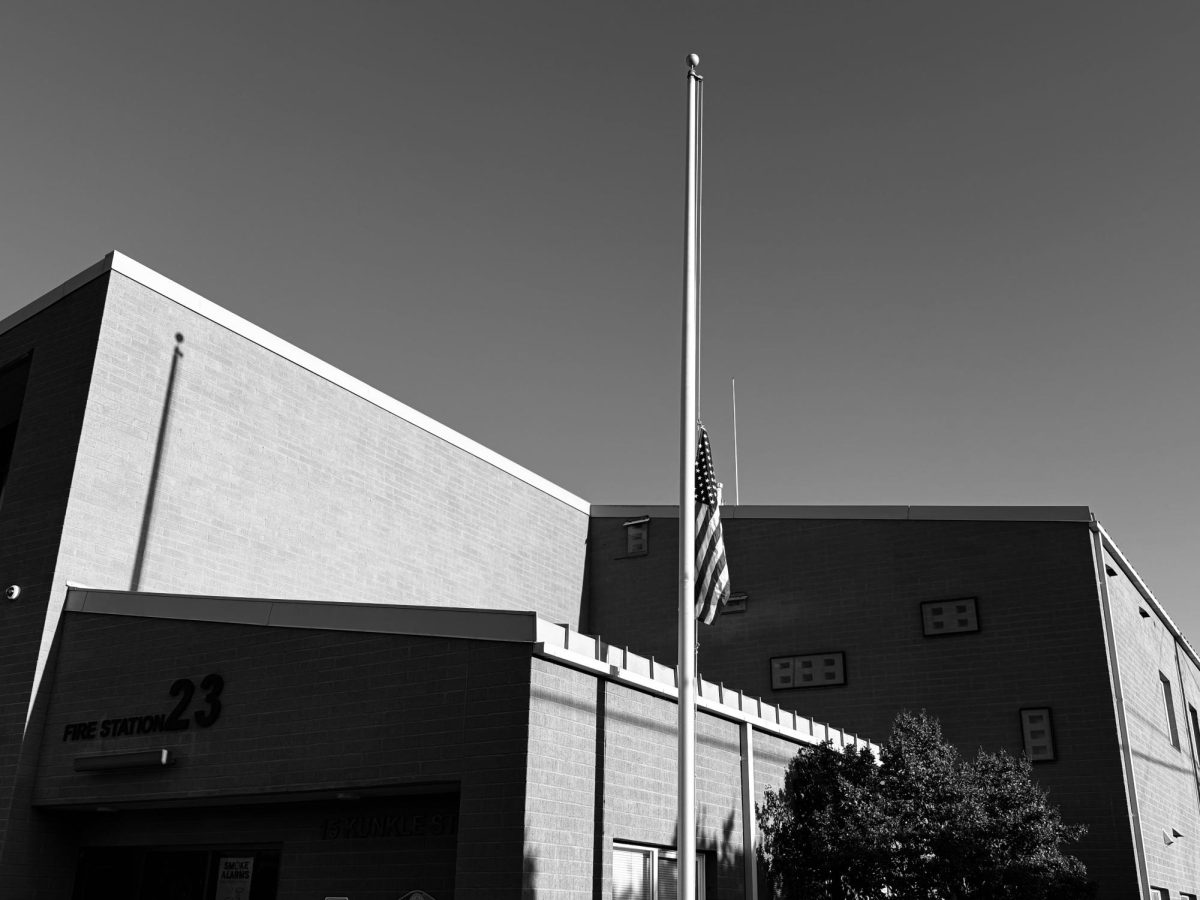#MeToo started with the intent to raise awareness about how prevalent sexual assault is but it really began because of the need for accountability, a need that started with the man sitting behind the big desk in the Oval Office, who, as we sometimes forget, is an alleged sexual predator. A celebrity who boasted about sexually assaulting women—“Grab them by the pussy. You can do anything”—he also happens to be the elected President of the United States.
For the outraged, Trump’s election was a “two steps forward one step back” for progress towards equality. It meant speaking out was needed. Starting with the Women’s March in Washington D.C. shortly after the election, its mantle is continued to be upheld with #MeToo, a growing social media trend popularized by actress Alyssa Gilman.
Millions who have used #MeToo over the past few weeks have shown America how prevalent sexual assault is and has been. The statistics are shocking, especially considering that the true amount of people who have been sexually assaulted or harrassed include more who have chosen not to tell their story.

Although some women have stated they shouldn’t have to reveal their painful stories for people to realize how systemic sexual assault and harassment are, the fact remains that most people don’t realize the extent to which it is part of everyday life. Therefore, it’s crucial that this conversation, which has heretofore happened behind closed doors, be made public. For there to be action, there must first be awareness. That’s why#MeToo’s most valuable contribution to the equal rights movement is forcing Americans to confront the sexism and inequality that eats away at so many industry workplaces.
Think of the people for whom allegations of sexual assault have started piling up. They are reactions to a long string of depraved actions by the most powerful men in news (Roger Ailes and Bill O’Reilly), politics (Trump), and most recently, the entertainment industry (Harvey Weinstein). In an opinion letter published in The New York Times, actress Lupita Nyong’o recalled Harvey Weinstein speaking about sexual favors as “this is the way it is.” Nyong’o herself summarized it as an “accepted feature of our industry.” Now a dizzying tide of accusations are sweeping in, against wave after wave of famous and influential people: an executive, a TV show hosts, a photographer, a tech blogger, even an Olympic doctor. It shows that people are determined to shake convention off its feet.
Despite the visibility#MeToo adds, and its power in bringing some perpetrators to justice, getting rid of a few high-profile, powerful men doesn’t address the “underlying issues” of what’s helped them get away with it. The widespread telling of these painful stories has emboldened more women to speak up and cast out their voices to the movement but new ones will keep coming unless something is done. We can’t stay complacent now that a few offenders are being shamed or brought to justice, we have to ask ourselves: “Well, what now?”
Men with the power and influence to bury their filthy actions will only learn to be more discreet and harder to catch whether it’s through bigger settlements or better lawyers. That’s why, now, the movement for equality has to turn towards legislative action in order to see real and permanent change. That way, when people ask me a whether I have been sexually assaulted before, instead of replying, “Not yet,” girls like me will be able to say, “Never.”








